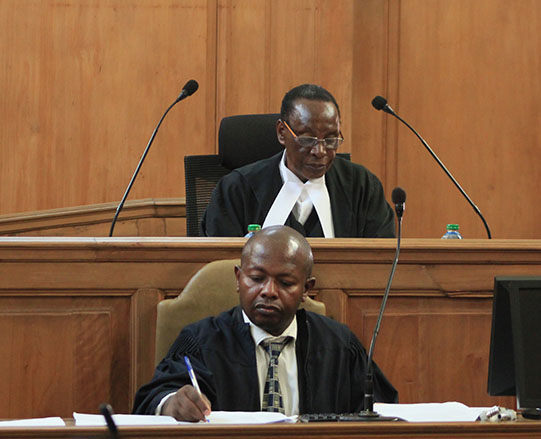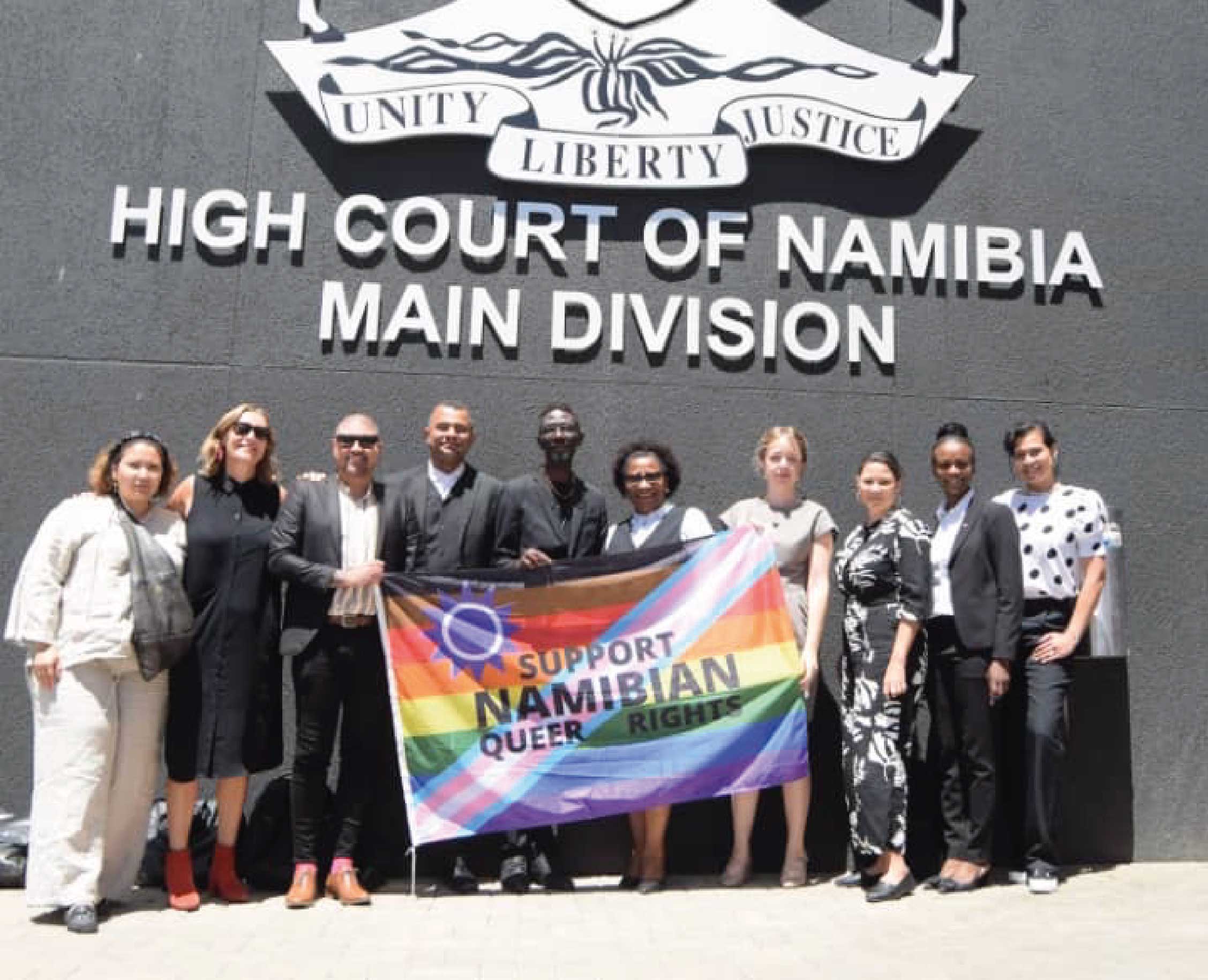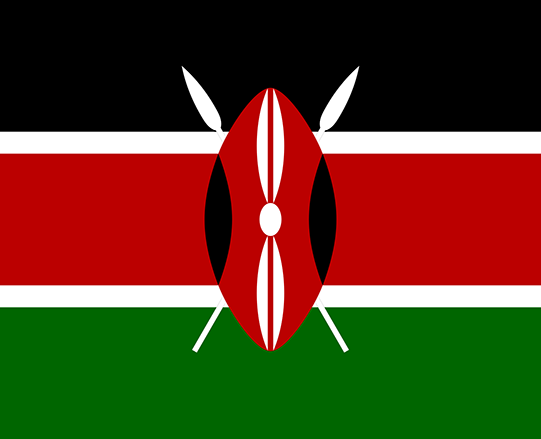The Kenyan Supreme Court heard a case on 23 November challenging decisions of the High Court and Court of Appeal to allow the Kenyan National Gay and Lesbian Human Rights Commission (NGLHRC) to be officially registered as a non-governmental organisation (NGO).
In 2012, Eric Gitari, the former Executive Director of NGLHRC, challenged the Kenya NGO Coordination Board’s refusal to permit him to apply for registration of an NGO under a name containing the words “gay” or “lesbian”. The judges ruled in his favour at the High Court in 2015 and again at the Court of Appeal in 2019.
In both instances, the Courts found that the refusal, which was on the purported basis that homosexuality is criminalised in the east African country, was unconstitutional, and directly in violation of the guarantee of freedom of association, irrespective of sexual orientation.
Sections 162(a) and (c), 163 and 165 of the Kenyan Penal Code, which were introduced into the lawbooks by British colonisers over 100 years ago, establish a series of criminal offences, one of which, having ‘carnal knowledge against the order of nature’, is punishable by up to 14 years in prison. While Kenyan law criminalises same-sex acts between men rather than homosexuality itself, these laws are used to target lesbian, gay, bisexual and transgender (LGBT) people.
‘The 2010 Kenyan Constitution is clear that freedom of association applies to “every person” in Kenya, and the courts to date have rightly confirmed that to deny anyone’s right to freedom of association is an affront to the very principles of dignity and equality espoused in this highest law of the land,’ said Téa Braun, Chief Executive of the Human Dignity Trust (HDT).
Freedom of association is a basic bedrock of any democracy. It is therefore critical to Kenya’s human rights standing that the laudable decisions of the lower courts are upheld in this case
‘We are encouraged by both the decisions of the High Court and Court of Appeal on this matter, which have centred our national values of human dignity, equality and non-discrimination per Article 10 of our Constitution,’ said Njeri Gateru, NGLHRC’s Executive Director. ‘We are hopeful that the judges of this apex court will be guided by both the law and these same values and affirm our freedom of association.’
The Kenyan Christian Professionals Forum also intervened in the case and is actively trying to undermine the rights of LGBT people to freely associate, despite freedom of religion – including the freedom not to subscribe to any religion – also being protected under the Constitution.
In 2014, the African Commission on Human and Peoples’ Rights passed Resolution 275, urging all African Union member states to create favourable conditions for human rights defenders working on LGBT issues, such as NGLHRC in Kenya, and to help prevent the high levels of violence and discrimination such people experience.
Regrettably, many other African countries, including Uganda, Nigeria and Tanzania, have also erected obstacles to the registration of LGBT organisations due to discriminatory penal codes and other oppressive laws and practices.
Owing to the current restrictions in place in Kenya due to the COVID-19 pandemic, the 23 November hearing took place online.
The Supreme Court is the final appellate court in Kenya; it is expected that judgment will be delivered some time in 2022.
Notes to Editors
- The Human Dignity Trust works with LGBT activists around the world to defend human rights in countries where private consensual sexual activity between adults of the same sex is criminalised. With pro bono assistance from the international legal community, we support local organisations that are challenging laws that persecute people on the basis of their sexual orientation and/or gender identity.
- The National Gay and Lesbian Human Rights Commission is an independent human rights institution working for legal and policy reforms towards equality and full inclusion of sexual and gender minorities in Kenya.
- See the Human Dignity Trust’s online map for information on countries around the world where LGBT people are criminalised.
For more information or to arrange interviews contact:
Emma Eastwood, Head of Strategic Communications, HDT (London)
E: emmaeastwood@humandignitytrust.org / Twitter: @HumanDignityT



